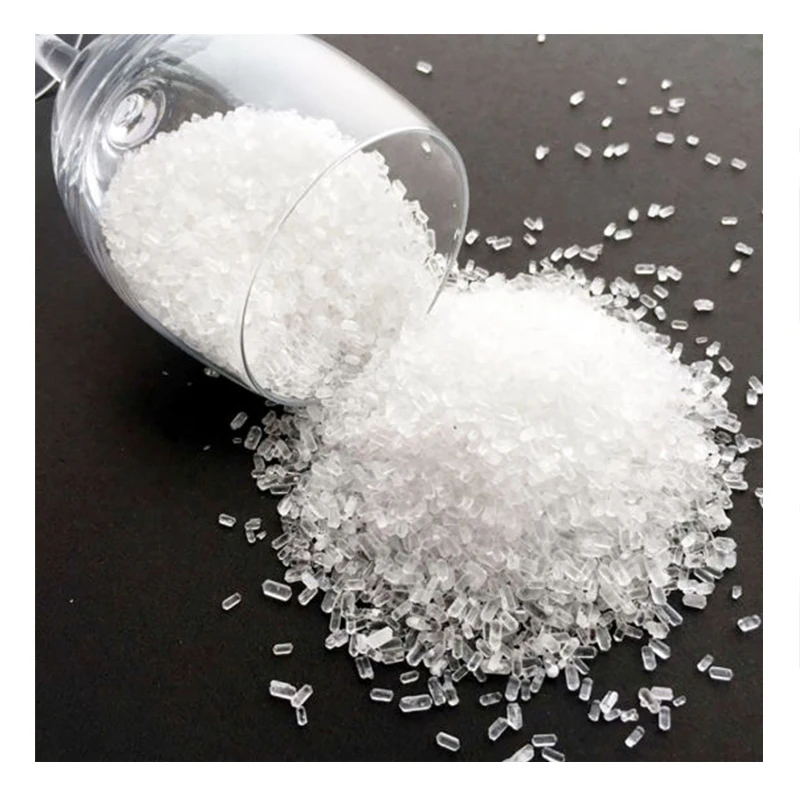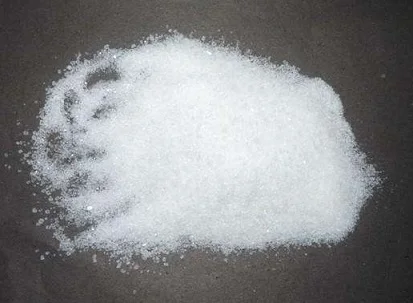Азотное Удобрение Сульфат Аммония Гранулированный N 21 мочевина 46% азотное
- Категория: Nitrogen Fertilizer >>>
- Поставщик: ABL,Autowert,Bergisch,Land,GmbH
Поделиться:
Описание и отзывы
Трекер стоимости
| Месяц | Минимальная цена | Макс. стоимость |
|---|---|---|
| Sep-16-2025 | 0.90 $* | 0.64 $* |
| Aug-16-2025 | 0.98 $* | 0.72 $* |
| Jul-16-2025 | 0.49 $* | 0.52 $* |
| Jun-16-2025 | 0.81 $* | 0.59 $* |
| May-16-2025 | 0.97 $* | 0.60 $* |
| Apr-16-2025 | 0.64 $* | 0.49 $* |
| Mar-16-2025 | 0.47 $* | 0.44 $* |
| Feb-16-2025 | 0.84 $* | 0.3 $* |
| Jan-16-2025 | 0.6 $* | 0.13 $* |
Характеристики
Product Description
Ammonium sulphate contains ammoniacal nitrogen and water-soluble sulphur. The nitrogen is entirely in the form of ammonium, which reduces the risk of leaching during wet periods. This fertilizer is mainly used in arable farming and on grassland on crops that need a lot of sulphur (e.g. rapeseed and potatoes). In Southern Europe and outside Europe, ammonium sulphate is often used as a fertilizer for citrus fruits, coffee, rice, tea, bananas, pineapples, sugar beet and soya beans. It can be used as a single fertilizer or in blends.
Agricultural use:
- Growers apply ammonium sulfate primarily where they need supplemental N and S to meet the nutritional requirement of growing plants. Since ammonium sulfate contains only 21 percent N, other fertilizer sources more concentrated and economical to handle and transport often make a better choice for N-deficient fields. However, it provides an excellent source of S, which supports or drives numerous essential plant functions, including protein synthesis.
- Because the N fraction is present in the ammonium form of ammonium sulfate, rice farmers frequently apply it to flooded soils, since nitrate-based fertilizers are a poor choice due to denitrification losses.
- A solution containing dissolved ammonium sulfate is often added to post-emergence herbicide sprays to improve their
effectiveness at weed control. This practice of increasing herbicide efficacy with ammonium sulfate works particularly well when the water supply contains significant concentrations of calcium (Ca), magnesium (Mg) or sodium (Na). A high-purity grade of ammonium sulfate often works best for this purpose to avoid plugging spray nozzles.
- Growers apply ammonium sulfate primarily where they need supplemental N and S to meet the nutritional requirement of growing plants. Since ammonium sulfate contains only 21 percent N, other fertilizer sources more concentrated and economical to handle and transport often make a better choice for N-deficient fields. However, it provides an excellent source of S, which supports or drives numerous essential plant functions, including protein synthesis.
- Because the N fraction is present in the ammonium form of ammonium sulfate, rice farmers frequently apply it to flooded soils, since nitrate-based fertilizers are a poor choice due to denitrification losses.
- A solution containing dissolved ammonium sulfate is often added to post-emergence herbicide sprays to improve their
effectiveness at weed control. This practice of increasing herbicide efficacy with ammonium sulfate works particularly well when the water supply contains significant concentrations of calcium (Ca), magnesium (Mg) or sodium (Na). A high-purity grade of ammonium sulfate often works best for this purpose to avoid plugging spray nozzles.
Non- Agriculture Use
Food companies commonly add ammonium sulfate to bread products as a dough conditioner. It’s also a component in fire extinguisher powder and flame-proofing agents. And it serves many purposes in the chemical, wood pulp, textile and pharmaceutical industries.
Food companies commonly add ammonium sulfate to bread products as a dough conditioner. It’s also a component in fire extinguisher powder and flame-proofing agents. And it serves many purposes in the chemical, wood pulp, textile and pharmaceutical industries.
Company Profile
Chemco-Chemie GmbH is one of the world’s leading providers of advanced and circular polyolefin solutions and a European market leader in base chemicals, fertilizers and the mechanical recycling of plastics.
We've always believed in selling the top quality products as possible. It's our goal for our company to grow under the highest standards of quality price . We set up this business to supply and delivery height quality products with competitive price so that we can grow and also make our customers happy.
We've always believed in selling the top quality products as possible. It's our goal for our company to grow under the highest standards of quality price . We set up this business to supply and delivery height quality products with competitive price so that we can grow and also make our customers happy.
FAQ
1. who are we?
We are based in North-Rhine-Westphalia, Germany, start from 2016. There are total about 11-50 people in our office.
2. how can we guarantee quality?
Always a pre-production sample before mass production;
Always final Inspection before shipment;
3.what can you buy from us?
tractor,excavator,fertilizers,Machine,metal
4. why should you buy from us not from other suppliers?
We've always believed in selling the top quality products for best price's. It's our goal for our company to grow under the
highest standards of quality-price.
5. what services can we provide?
Accepted Delivery Terms: FOB;
Accepted Payment Currency:USD;
Accepted Payment Type: T/T;PayPal;
Language Spoken:English
We are based in North-Rhine-Westphalia, Germany, start from 2016. There are total about 11-50 people in our office.
2. how can we guarantee quality?
Always a pre-production sample before mass production;
Always final Inspection before shipment;
3.what can you buy from us?
tractor,excavator,fertilizers,Machine,metal
4. why should you buy from us not from other suppliers?
We've always believed in selling the top quality products for best price's. It's our goal for our company to grow under the
highest standards of quality-price.
5. what services can we provide?
Accepted Delivery Terms: FOB;
Accepted Payment Currency:USD;
Accepted Payment Type: T/T;PayPal;
Language Spoken:English









